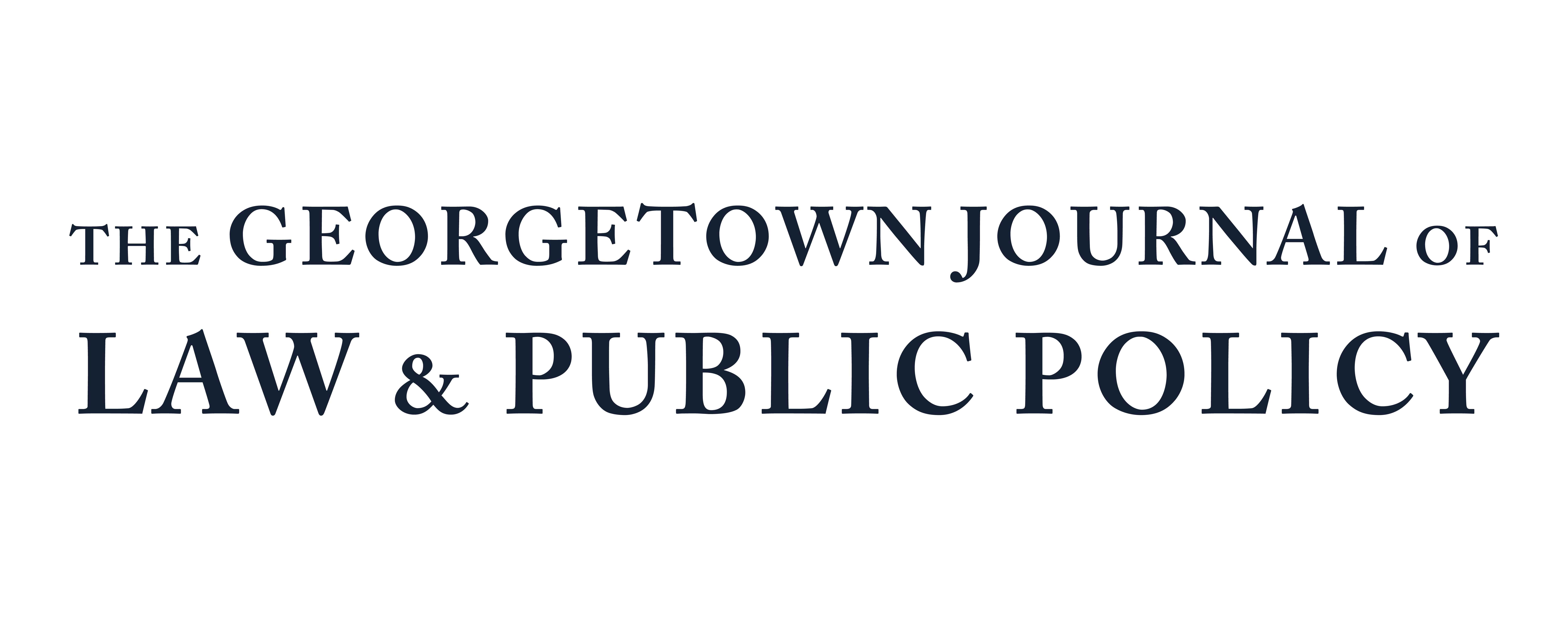The Politics of Prestige
In 2023, novel research was conducted to measure how perceived political affiliation of law schools affect their U.S. News & World Report peer rankings.[1] This study discovered a significant conservative penalty and liberal bonus. The difference between the subjective peer ranking and the objective factors in the overall ranking for the conservative and liberal law schools was a monumental 48.92 spots.[2] Furthermore, this study found that this was a rapidly increasing trend.[3] The present, updated study using the latest 2024–2025 rankings data confirms the continuation of this trend with a truly astounding overall disparity of 53.14 spots. Given that there are fewer than 200 law schools and the extreme significance schools place on the rankings, it is difficult to overstate the significance of a 53.14 rankings disparity. Furthermore, this increasing ideological disparity in the rankings appears to correspond with the increasing salience of political partisanship in society.
This extremely disparate and consistently increasing result elicits discussion regarding numerous aspects of rankings, academia, and bias. This Article also discusses how these high levels of disparity based on political ideology in the rankings likely perpetuate a lack of ideological diversity in legal academia. The numerous ways in which a lack of ideological diversity harms professors, students, practicing attorneys, and society at large are also discussed. Finally, this Article concludes by proposing a simple, effective solution that circumvents this particular manifestation of ideological bias in legal academia.
[1] Michael Conklin, Rising Ideological Discrimination in Law School Rankings: Measuring the Conservative Penalty and Liberal Bonus with Updated 2024 Rankings Data, 16 Tenn. J. Leadership L. & Pol’y 77 (2024) (parts of this study are repeated here with explicit permission on file with the author).
[2] Id. at 87.
[3] Id.

